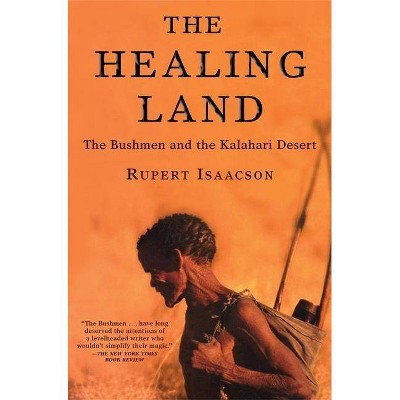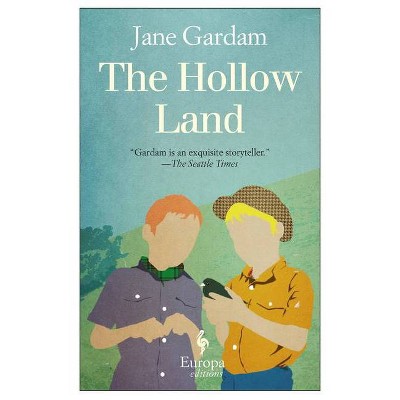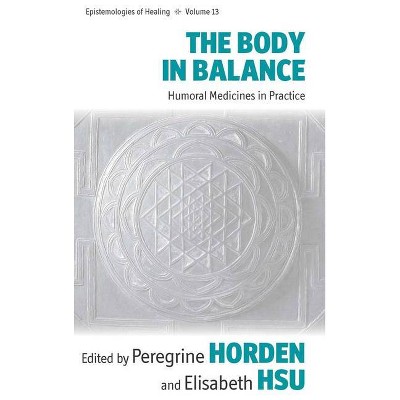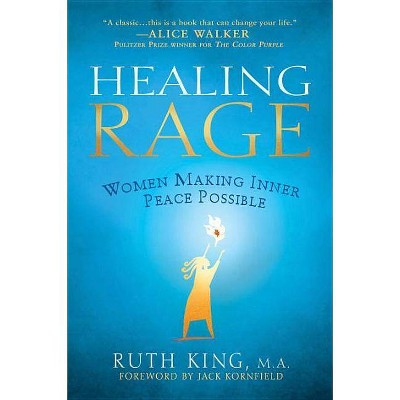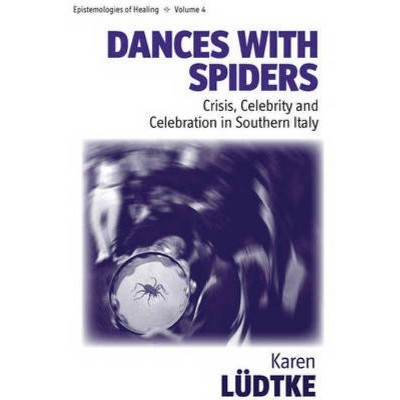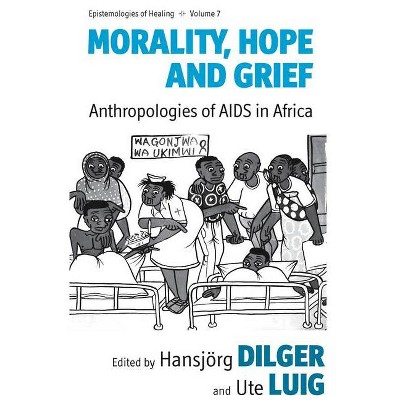The Land Is Dying - (Epistemologies of Healing) by Paul Wenzel Geissler & Ruth Jane Prince (Paperback)
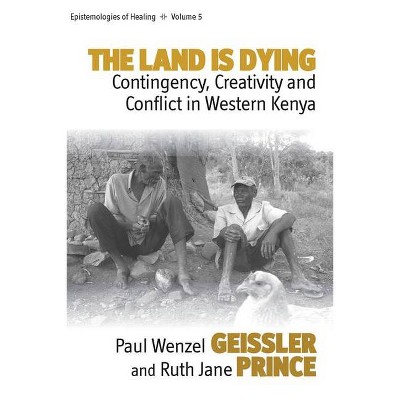
Similar Products
Products of same category from the store
AllProduct info
<p/><br></br><p><b> Book Synopsis </b></p></br></br><p> Based on several years of ethnographic fieldwork, the book explores life in and around a Luo-speaking village in western Kenya during a time of death. The epidemic of HIV/AIDS affects every aspect of sociality and pervades villagers' debates about the past, the future and the ethics of everyday life. Central to such debates is a discussion of touch in the broad sense of concrete, material contact between persons. In mundane practices and in ritual acts, touch is considered to be key to the creation of bodily life as well as social continuity. Underlying the significance of material contact is its connection with growth - of persons and groups, animals, plants and the land - and the forward movement of life more generally. Under the pressure of illness and death, economic hardship and land scarcity, as well as bitter struggles about the relevance and application of Christianity and 'Luo tradition' in daily life, people find it difficult to agree about the role of touch in engendering growth, or indeed about the aims of growth itself.</p><p/><br></br><p><b> Review Quotes </b></p></br></br><br><p> <b>Awarded the 2010 Amaury Talbot Prize for African Anthropology by the Royal Anthropological Institute</b></p> <p> "<em>For me this was one of the best ethnographies I have read for many years.</em>"<b> - </b><strong>Social Anthropology/Anthropologie sociale</strong></p> <p> <em>"...[a]thoughtful and creative book... [It] is an excellent resource and it is a good read: theoretical without being overwhelming, anthropological without being off-putting, serious but amusing. In sum, it is a rare and valuable contribution."</em><b> - </b><b>African Studies Quarterly</b></p> <p> "<em>While not a light book, this is one for anyone seeking ethnographic understanding based on an equatorial African setting not to overlook...A short review can hardly do justice to the care behind the book or the local flavor it conveys: the accuracy of its translations, the sensitivity and empathy behind its life histories, the candor about research tactics and dilemmas...It is one warmly to be welcomed</em>."<b> - </b><strong>Anthropos</strong></p> <p> "<em>One of the richest ethnographies of African social life of recent years... As do the best ethnographies, this book communicates the wonder of its authors at touching and being touched deeply across difference.</em>"<b> - </b><strong>JRAI</strong></p> <p> "<em>In addition to [its] broad examination of the intertwining of Africans' experiences of AIDS and associated social changes, [an important] theme ...is[its]extended and sophisticated treatment of morality as an integral aspect not only of the AIDS epidemic, but also of every dimension of the social responses it has produced.</em>" <b>- </b><strong>African Studies Review</strong></p> <p> </p> <p> "<em>The originality of this book lies in its careful exploration of touch and contingency, drawing on Michel de Certeau and Emmanuel Lévinas. The sensitive ethnography and judicious use of other sources make for superb anthropology...Here is a book that provides inspiration as well as beautifully crafted documentation of efforts to maintain the flow of life in specific difficult historical circumstances.</em>"<b> - </b><strong>Mortality</strong></p><br>
Price History
Price Archive shows prices from various stores, lets you see history and find the cheapest. There is no actual sale on the website. For all support, inquiry and suggestion messagescommunication@pricearchive.us
